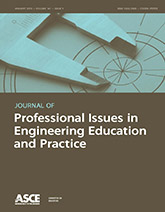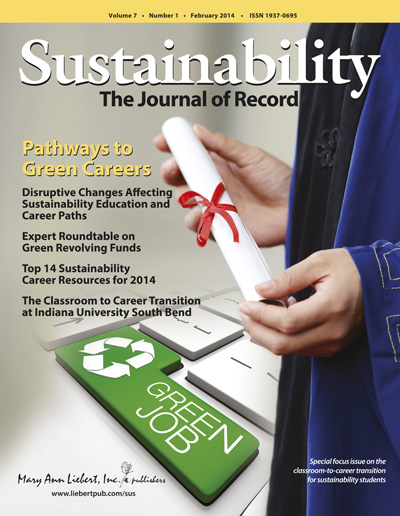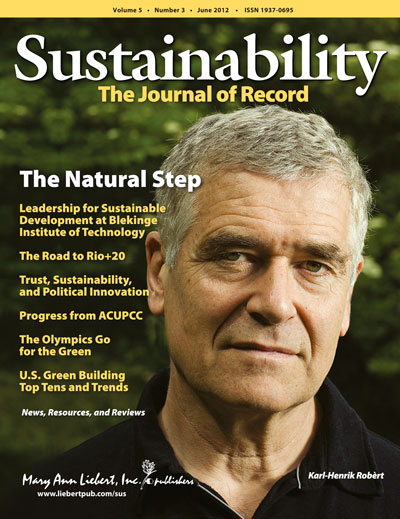Can Styrofoam Be Recycled
CSF White paper No.7
March, 2016
Research for this paper was conducted by graduate students in Indiana University South Bend Graduate Certificate in Strategic Sustainability Leadership in collaboration with Professor Mike Keen, Director of the IU South Bend Sustainability Studies Program.
SB Energy Management White Paper
CSF White paper No.6
December 14, 2015
Research for this paper was conducted by graduate students in Indiana University South Bend Graduate Certificate in Strategic Sustainability Leadership in collaboration with Professor Mike Keen, Director of the IU South Bend Center for a Sustainable Future and the IU South Bend Sustainability Studies Program.
Best Practices for Colleges and Universities
CSF White paper No.5
April 29, 2015
Colleges and universities have become leaders in the effort to meet the triple bottom line of people, prosperity and planet. Today these efforts can best be reached when schools, businesses and communities collaborate together for research, develop and implementation. This paper explores the best practices in energy efficiency, green buildings, food, and recycling and waste management.
The Natural Step for Business
CSF White paper No.4
March 27, 2011
Sustainability can assist businesses in growing a strong triple bottom line - but how? This paper reviews The Natural Step for Business by Natrass and Altomare, highlighting key concepts and best practices.
Sustainability and the Law
CSF White Paper No.3
February 28, 2011
The legal profession is beginning to incorporate sustainability into not only the law office environment but also into legal education and the practice of law. Certain areas of law are adapting to incorporate sustainability concepts. This paper addresses efforts being made by law firms to become more sustainable, the impact of sustainability on legal education, and changing practices to help people better solve their problems.
Growing Food Where it is Needed
CSF White Paper No.2
August 30, 2010
Although South Bend's City Plan has wording that could support urban food production, there are no clear policies in place. This paper explores how other cities are supporting urban food systems and provides recommendations for South Bend.
Sustainable Campus Food Systems
CSF White Paper No. 1
December 9, 2008
Creating mutually beneficial economic relationships between the university and the community can be accomplished, in part, by developing and implementing a sustainable food system that focuses on locally and sustainably produced food being served – and possibly grown - on campus.
December, 2013
Sustainability Learning Process
Sustainability can and should be a learning process, and should be something that is learned at an early age and carried on throughout life. While our education system seems overburdened at the moment, teaching sustainability is a task that should be undertaken by our school systems nationwide and supported by federal and local governments as well.
Better Eating Through Chemistry
New sustainable ways of providing fresh, healthy food should be a resource available to everyone. The best way to combat a health epidemic revolving about food is to examine the cultural relationship with eating.
Sustaining Our Future Resources: A Look at the Importance of Educating Children in Sustainability
One very important issue isn’t getting the necessary attention that it deserves: the need to teach sustainability and healthy eating at a much younger age than it is currently being taught.
Food Fight: Human Rights in our Food System
In the United States, food workers are some of the most underpaid and underappreciated employees, despite the growing number of citizens dependent on this profession. From the fields to the food counters, discrimination and mistreatment continues to be an ongoing conflict with basic human rights. In order to have a truly sustainable food system, all members, from farm to plate, have to be allowed the means necessary to sustain themselves. By having a more equitable pay, society as a whole will benefit.
Sustainable Living: Introducing Home Economics Back Into School Systems
It is time to make a positive change in our school systems to help benefit the students and to help them actually learn and understand what it means to be sustainable and make sustainable choices in their daily lives.
Supporting Student and Community Connections Through Campus Gardening
How campus gardens are contributing to a more sustainable environment, the lack of access to fresh produce for citizens of various cities, and how college campus gardens are helping to solve this problem by utilizing urban agricultural practices.
Making Composting a Simple Reality
Composting has long been thought of as something farmers do to make their increase the productivity of their land. By composting, we can keep the landfills to a minimum and enrich the environment we live in. While this was once a process that was mainly for those with farms and large gardens, it is now a solution possible for every consumer.
Creating a Sustainable Future Through Solving the Abandonded Home Crisis in Gary, Indiana Using Omega Gardens
To solve the issue of abandoned homes and at the same time establish a sustainable future, indoor Omega Gardens should be established in Gary, Indiana. New guidelines are recommended to be implemented in the Mayor’s Dollar Home Program initiative to reduce the amount of vacant and abandoned homes by fostering local economic development, initiate job creation boosting regional economy, and produce local healthy organic foods that will be sold to local stores.



 The Classroom-to-Career Transition at Indiana University South Bend
The Classroom-to-Career Transition at Indiana University South Bend 